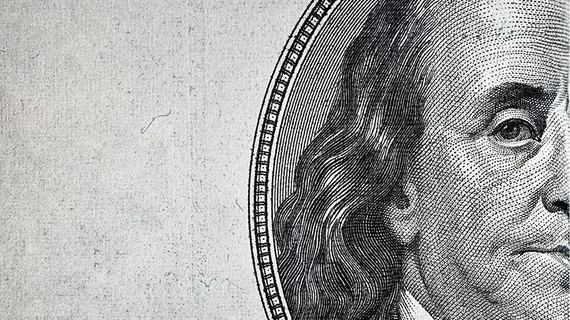CMS finally relents after decade of not covering PET imaging for infection, inflammation
The Centers for Medicare & Medicaid Services has relented after more than a decade of not covering PET imaging for infections and inflammation, advocates announced on Monday.
It was back in 2008 that the federal agency decided not to reimburse for this exam, citing scant evidence at the time. The Society of Nuclear Medicine & Molecular Imaging has crusaded to change the policy ever since. Back in December, federal officials revoked the noncoverage policy, which took effect on Jan. 1.
“This is an exciting development for patients and physicians across the U.S.,” SNMMI said in a March 1 announcement. “PET is an effective way—often the best way—to understand certain infections and inflammatory conditions and to provide earlier and better-informed diagnoses. in fact, it has become the standard of care for a number of conditions.”
The society said CMS’ decision has “severely” limited use of positron emission tomography for these conditions over the past dozen years. Following the change, local Medicare Administrative Contractors will now make determinations for PET imaging of patients with infections and inflammation.
SNMMI, the American College of Radiology and others are now working to inform MACs about the policy and urge coverage, according to the announcement. The nuclear medicine group also plans to approve new appropriate use criteria for PET imaging in these clinical scenarios.

